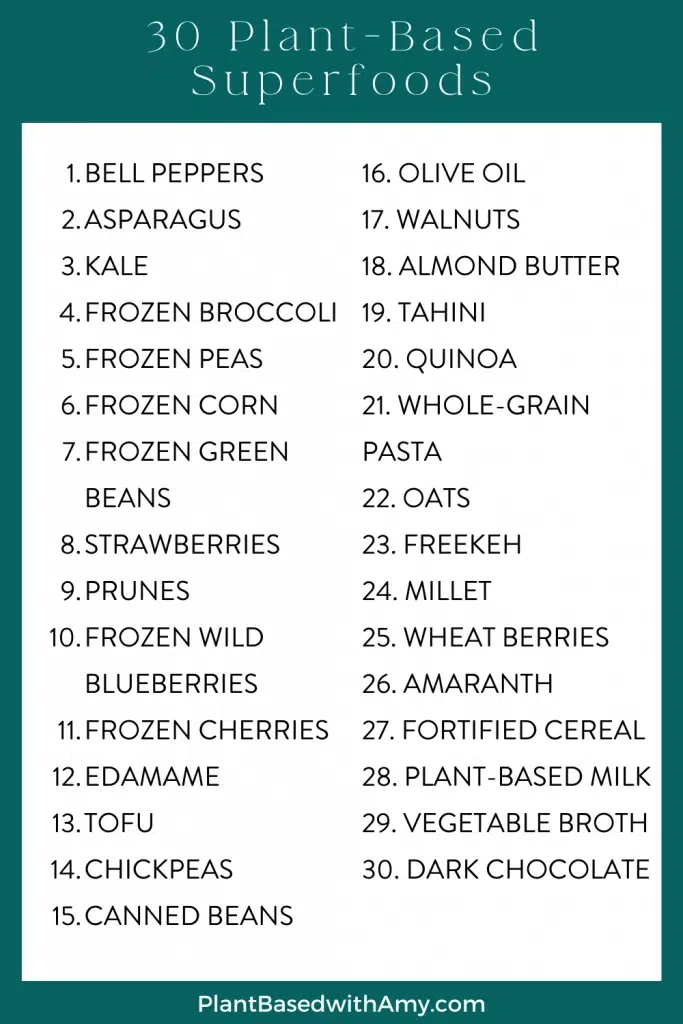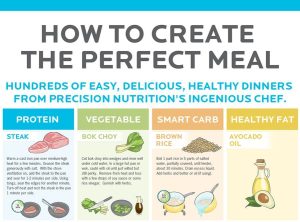
Blueberries are packed with antioxidants, which can help improve brain function, reduce inflammation, and lower the risk of heart disease. These tiny fruits are also low in calories and high in fiber, making them a great addition to your diet.
2. Avocados
Avocados are rich in healthy monounsaturated fats, which can help lower bad cholesterol levels and improve heart health. They are also a good source of vitamins and minerals, including vitamin K, vitamin E, and potassium.
3. Salmon
Salmon is a great source of omega-3 fatty acids, which are essential for brain function and heart health. This fatty fish is also high in protein and low in saturated fat, making it a nutritious choice for any meal.
4. Kale
Kale is often referred to as a superfood due to its high nutrient content. This leafy green is packed with vitamins A, C, and K, as well as antioxidants and fiber. Including kale in your diet can help improve digestion, lower cholesterol levels, and boost your immune system.
5. Quinoa
Quinoa is a gluten-free grain that is high in protein and fiber. It is also a good source of essential amino acids, vitamins, and minerals. Adding quinoa to your meals can help keep you full, improve digestion, and regulate blood sugar levels.
6. Chia Seeds
Chia seeds are loaded with omega-3 fatty acids, fiber, protein, and antioxidants. These tiny seeds can help reduce inflammation, lower cholesterol levels, and improve digestion. They can be easily added to smoothies, yogurt, or salads for a nutritious boost.
7. Sweet Potatoes
Sweet potatoes are rich in vitamins A and C, as well as fiber and antioxidants. They are also a good source of complex carbohydrates, which can provide long-lasting energy. Including sweet potatoes in your diet can help regulate blood sugar levels and promote overall health.
8. Almonds
Almonds are a great source of healthy fats, protein, and fiber. They are also packed with vitamins and minerals, including vitamin E, magnesium, and calcium. Eating almonds regularly can help lower bad cholesterol levels, reduce the risk of heart disease, and support weight management.
9. Greek Yogurt
Greek yogurt is a good source of protein and probiotics, which can help improve gut health and boost immunity. It is also rich in calcium, vitamin D, and potassium. Including Greek yogurt in your diet can help support weight loss, muscle growth, and overall wellness.
10. Spinach
Spinach is a nutrient-packed leafy green that is high in vitamins A, C, and K, as well as iron, magnesium, and antioxidants. This superfood can help improve eyesight, bone health, and digestion. Adding spinach to salads, smoothies, or omelets is an easy way to increase your nutrient intake.
11. Turmeric
Turmeric is a spice known for its anti-inflammatory and antioxidant properties. It contains curcumin, a compound that can help reduce pain, inflammation, and oxidative stress. Adding turmeric to your meals or beverages can provide numerous health benefits and support overall well-being.
12. Broccoli
Broccoli is a cruciferous vegetable that is rich in vitamins, minerals, and antioxidants. It is also a good source of fiber and protein. Eating broccoli regularly can help reduce the risk of chronic diseases, improve digestion, and support detoxification.
13. Walnuts
Walnuts are a great source of omega-3 fatty acids, antioxidants, and fiber. These nuts can help lower bad cholesterol levels, reduce inflammation, and improve brain function. Including walnuts in your diet can promote heart health, weight management, and overall wellness.
14. Oranges
Oranges are a good source of vitamin C, fiber, and antioxidants. They are low in calories and high in hydration, making them a refreshing and nutritious snack. Eating oranges regularly can help boost immunity, improve skin health, and support digestion.
15. Oats
Oats are a whole grain that is high in fiber, protein, and antioxidants. They are also a good source of vitamins and minerals, including iron, magnesium, and zinc. Eating oats can help lower cholesterol levels, control blood sugar levels, and promote digestive health.
Incorporating these 15 superfoods into your diet can help you achieve optimal health and well-being. Whether you include them in your meals, snacks, or beverages, these nutrient-dense foods can provide numerous health benefits and support a balanced diet. Remember to eat a variety of fruits, vegetables, whole grains, and lean proteins to ensure you are getting all the essential nutrients your body needs to thrive. Start incorporating these superfoods into your daily routine and feel the difference in your energy levels, mood, and overall health.

